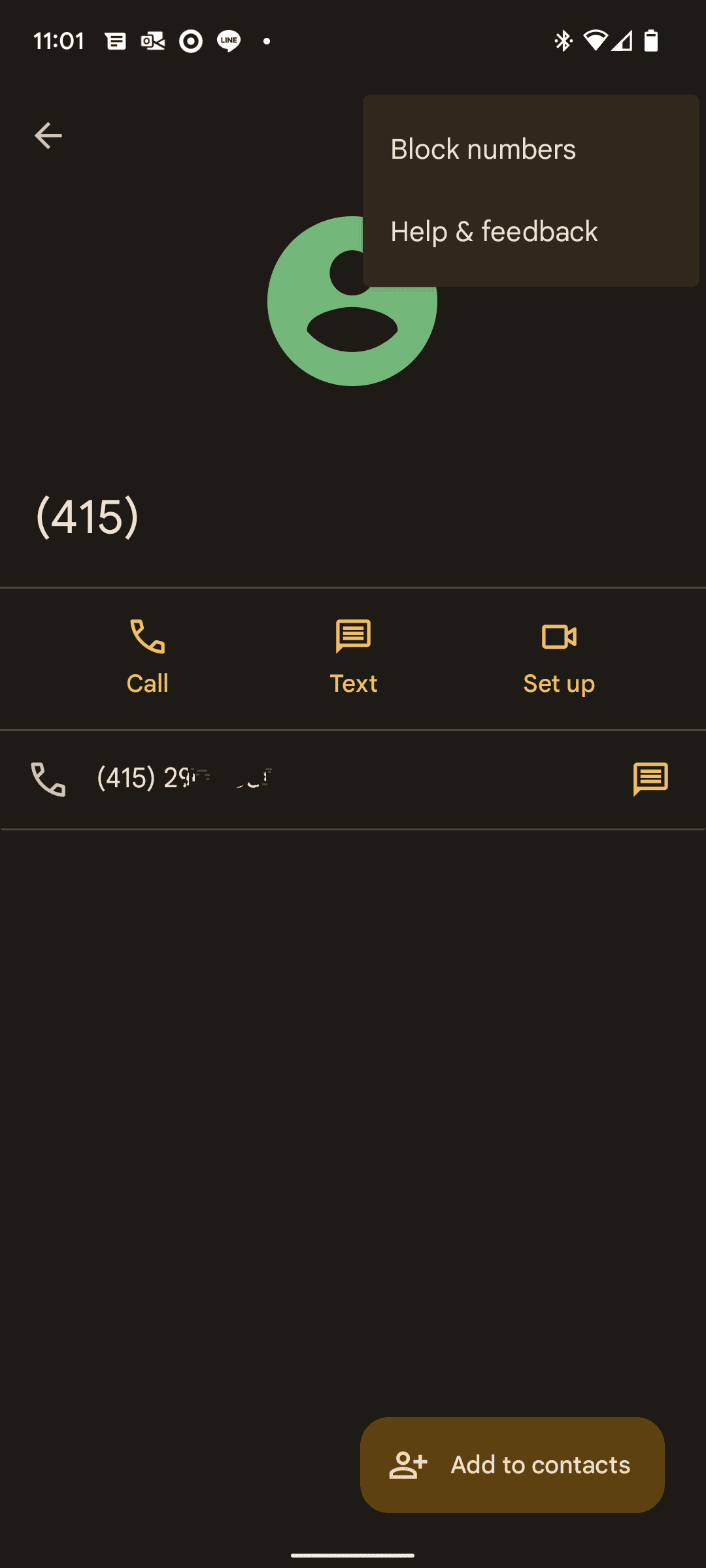How to provide individual sales coaching?

Your Call Data in One Place
AI call notes, real-time coaching, conversation intelligence, CRM integration, and more...
Companies’ sales departments are all about performance. As a sales manager, you want to hire the people who close the most sales and generate the most revenue.
But that doesn't mean you want to neglect underperforming sales representatives. The sales manager's role is to grow talent and nurture potential.
This means working hand in hand with your sales reps to drive performance. Sales coaching is a perfect collaborative approach to achieving this.
Here's how you can support your salespeople throughout their learning process.
Why is it essential to coach your salespeople?
As a sales manager, you carry a lot of responsibility on your shoulders.
You have to oversee the achievement of quarterly goals, recruit new talents, prepare events, manage key accounts... Why add another task to your already busy schedule?
Well, coaching is a way to gain productivity on all these tasks. It allows you to support your salespeople's performance, instead of managing it.
Through coaching, you stand on the side of your teams and allow everyone to take on more responsibility. Without having to constantly monitor their prospecting and calls, you give them the keys to self-learning.
At the same time, coaching helps you get closer to your sales reps and coordinate them under the same vision. It helps achieve key missions such as :
- Growing the sales performance of each employee and ensuring they achieve their goals.
- Onboard new talents and support them in their learning process.
- Motivate and retain teammates by investing in their professional and personal development.
- Ensure the management and satisfaction of key accounts with personalized follow-up.
- Foster team spirit and manage internal conflicts.
You want to unlock your talents' hidden potential? You have several possibilities in your hands.
Who should coach your sales teams?
Sales coaching services have grown significantly in the last few years. Individual coaching is particularly popular among young salespeople to increase their skills and expand their career opportunities. However, although sales team coaching holds great potential, companies still invest very little in it.
There is a good reason for this: sales managers are the ones meant to nurture and empower their sales team. There are the ones who have carefully recruited their talents and sought to rally them around common goals. It makes sense that they take the role of coach.
However, if you are a sales manager who doesn't have the time or resources to grow your talents, you can seek out external coaches:
- Senior and over-performing salespeople who can share their best practices with junior salespeople.
- Dedicated team leaders who focus on the business development of each rep.
- Independent coaches and trainers who assist your employees individually.
Hiring an external coach doesn’t mean you let your team down. Your sales reps will appreciate providing them with sales experts who can closely support their learning.
5 tips for personalized sales coaching
Just like professional coaching, coaching individual employees cannot be improvised. You need to know how to manage people’s personalities, provide them with the right support, and closely track progress.
Here are 5 tips to follow to achieve personalized coaching:
#1 Consider the needs of your salespeople
In any coach-coachee relationship, learning initiatives should come from the coachee. That's why you can't force coaching sessions on your salesperson. They should first express to you their learning aspirations and their sales development needs. You can ask them these questions to come up with the subject:
- In which position do you see yourself in 5 years?
- What do you see as your strengths and weaknesses as a sales rep?
- Which sales skills do you want to grow in priority?
- What are the barriers to your growth in the sales process?
These answers should be compared to your field observations and performance data.
With these questions, you show them that you are the ally and not the enemy of their professional development. You also help them to become aware of their professional aspirations. If their answers suggest they are open to individual coaching, you can then agree on a common plan.
#2 Agree on goals
The key to effective one-on-one coaching is to define common goals and allocated time to achieve them. Once you agree on these expectations, you can more easily implement coaching actions and progress together. These goals are varied :
- Improve price negotiation abilities.
- Manage stress during key meetings.
- Close sales with larger sales accounts.
- Work better as a team with your sales teammates.
- Acquire in-depth technical knowledge of the product.
- Gain confidence.
- ...
#3 Identify each coachee personality
You might soon realize that coaching is a lot about dealing with personal motivation and character. No one responds in the same way to individual coaching. Your challenge is to adapt your approach to the person you have in front of you.
There are generally 4 types of personalities that you need to manage:
- Hunters love challenges and always have an eye on their performance results. You might tap into their career ambitions and rely on data-driven follow-ups.
- Analysts know the product intimately well and always ensure to deliver the right offer to their clients. You might show them further proof of their results and increase their self-confidence.
- Sociables like to form relationships with their customers and collaborators. You might foster a closer bond with them and encourage them to team initiatives.
- Federators like to collaborate and prioritize collective success. You might invite them to share their winning practices and lead new projects.
These characters are stereotypical abstractions; each of us fluctuates from one category to another. It’s up to you to connect to the real person behind the sales rep.
#4 Integrate coaching into your daily practices
What is coaching without concrete applications? To ensure your coaching bears fruit, you need to set up planned and regular follow-ups :
- Scheduling 1-1 weekly meetings to talk about personal difficulties.
- Shadowing and listening to sales rep calls and meetings.
- Aligning your coaching with common sales team goals.
- Invite your sales rep on new projects and let them take the lead on new deals.
- Making your salespeople work together on accounts that require complementary skills.
#5 Monitor progress and results
When you have already coached for a few months, it’s time to make a first inventory. You can compare performance figures, talk to your salesperson about their feelings and progress, and discuss any communication issues.
If the results did not live up to the expectations, it’s okay. As long as your sales rep has grown new abilities and mitigated his or her weaknesses, there’s no reason to worry. Improvements will follow.
Coaching salespeople with data: the key to success
Data has become an invaluable way to add intelligence to business processes. But it is not limited to technical departments. Sales teams can also leverage data and AI to track and improve performance.
Sales intelligence solutions already exist on the market that helps to:
- Measure the performance of email, social media and call prospecting campaigns.
- Track the progress of deals and the different sales touches.
- Analyze calls and interactions with your prospects via conversational intelligence.
Noota: real-time sales coaching
As an expert in conversation intelligence, we have designed a tool that helps sales managers analyze their sales calls in real time.
It provides you with several key features:
- A transcription and automatic note-taker to keep track of conversations and share best practices.
- Real-time sentiment analysis to track the level of interest and measure performance.
- An automated meeting guide to structure sales pitches and questions.
- Recommendations to improve conversation, objection handling, and sales pitch.
With this tool, you’ll have access to fine-grained data to coach your salespeople.
Want to provide personalized coaching to your reps? Try Noota for free.
Your Call Data in One Place
AI call notes, real-time coaching, conversation intelligence, CRM integration, and more...
Related articles

Forget note-taking and
try Noota now
FAQ
In the first case, you can directly activate recording as soon as you join a videoconference.
In the second case, you can add a bot to your videoconference, which will record everything.
Noota also enables you to translate your files into over 30 languages.

.svg)
.svg)

.webp)

.png)


.svg)
